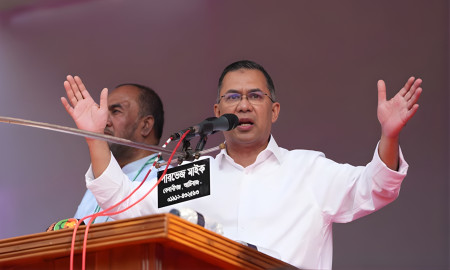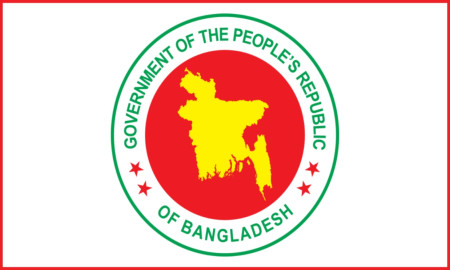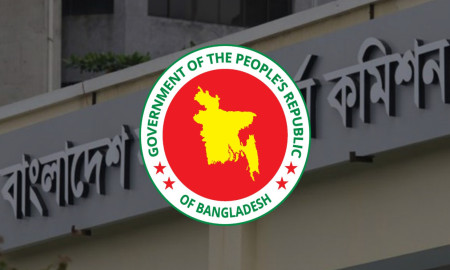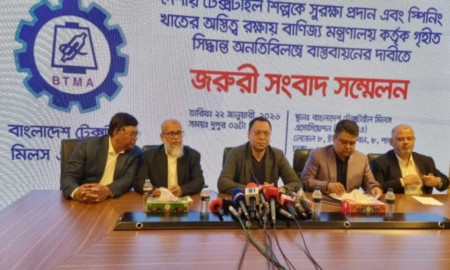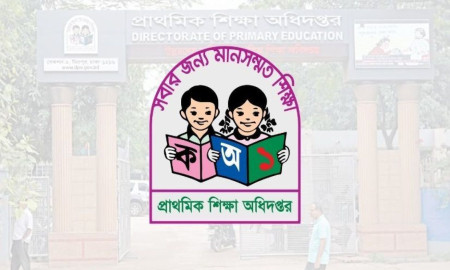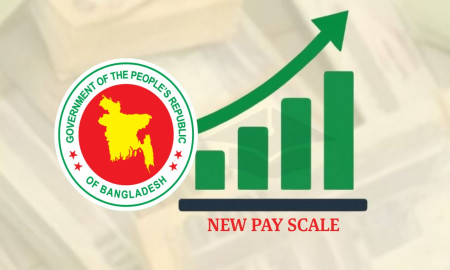Pay Commission Meets over 150 Groups
Demand for Tk 30k Basic: When Will New Scale Roll Out?
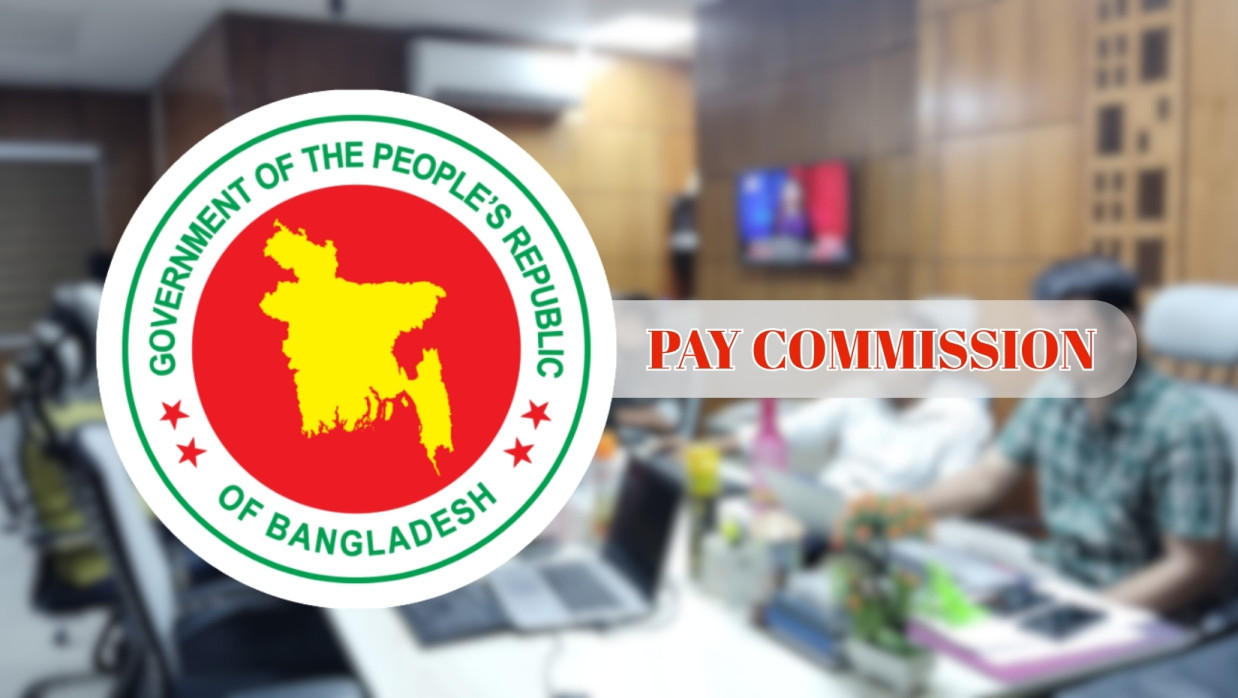
The National Pay Commission is holding consultations with various associations and committees to finalise recommendations for a new salary structure for government officials and employees. Last week, the commission met with over 150 organisations, most of which proposed raising the minimum basic salary beyond Tk30,000. Aiming for an early 2026 rollout, the panel is working at a brisk pace.
Formed by the interim government, the commission held its first meeting on August 14. Between October 1-15, it gathered online feedback from the public, workers, institution heads, and associations across four categories. Starting Monday (October 20), in-person discussions with organisations began, where representatives presented salary structure proposals and their rationale.
Commission members said the new framework will be based on overall economic conditions, inflation, cost of living, government revenue, and productivity.
So far, more than 150 groups have submitted views, labelling the current structure "inadequate and outdated". All demanded narrowing the salary ratio to 1:4. Officials from the Finance Ministry and Planning Commission noted the final decision will hinge on 2025 revenue trends, inflation, and foreign loans/aid. Protecting public servants' purchasing power is a priority, though recommendations will consider fiscal capacity.
Key Proposals Piling Up
Discussions have spotlighted critical issues like minimum basic pay hikes. Reviewing dozens of submissions, most groups pitched Tk30,000+, citing compelling reasons.
The 11-20 Grade Government Employees Forum argued a low-grade worker supports an average six-member family. At current market rates, daily food costs per person hit Tk175, totalling Tk31,500 monthly for meals alone—necessitating a Tk32,000 minimum basic. The Bangladesh Third-Class Government Employees Association pegged food at Tk4,000 per person (Tk24,000 family total), plus other expenses, warranting at least Tk30,000.
Dhaka University Officers Association, Employees Committee, and Technical Employees Committee jointly proposed Tk40,000; Government Employees Coordination Council Tk36,000; while Bangladesh Diploma Pharmacists Association (BDPA), Cabinet Division Welfare Committee, Bangladesh Inter-University Employees Federation, and Bangladesh Government Primary Head Teachers Association sought Tk35,000. Notably, the Finance Division Welfare Committee proposed a modest Tk25,000.
Finance Division Welfare General Secretary Md Monirul Alam explained: "We focused on two factors: a low-grade worker's six-member family's minimum needs, where Tk25,000 basic plus allowances reaches Tk40,000 total. As finance insiders, we can't ignore fiscal reality—proposals must be implementable. Hiking the lowest to over Tk30,000 could fuel inflation, hurting private sector and other workers. We weighed everything."
Other groups, however, warned of agitation if the minimum isn't Tk35,000. Bangladesh Secretariat Officers-Employees Joint Council President Badiul Kabir said: "Officers' car costs alone top Tk50,000—why not Tk35,000 for employees? This scale must last at least five years; ignoring that invites tough protests to press demands."
Beyond minimums, all urged fewer grades (10-12 at 1:4 ratio), medical allowance hikes (Tk5,000-10,000), increments to 7-10%, and reinstating time scale/selection grades.
The Reality Check
Stakeholders call crafting a new scale amid economic headwinds a major challenge. Bangladesh Bank's latest report shows average inflation over 9% through mid-2025. Revenue is up slightly year-on-year, but spending pressures have surged manifold.
A commission member confided: "We're keen to boost lower-grade basics, but national capacity matters. Balancing both to meet workers' hopes—InshaAllah, results soon."
Rollout Timeline: December Gazette?
Commission sources say the report will be submitted by December 2025. Finance and Cabinet divisions will jointly vet it before gazette publication. Attendees at meetings noted the panel's sincerity, eyeing December recommendations.
The Daily Campus spoke to at least three members, all hinting at the same timeframe—though the term runs to mid-February 2026. Consultations wrap in October, followed by drafting, review, and submission.
Reliable government sources add: No waiting for the next administration—the new scale activates swiftly post-recommendation.
Public servants' leaders said: "We're stuck on the 2015 structure amid skyrocketing prices—survival's tough. We hope the commission proposes not just hikes, but dignity, equity, and disparity reduction."



